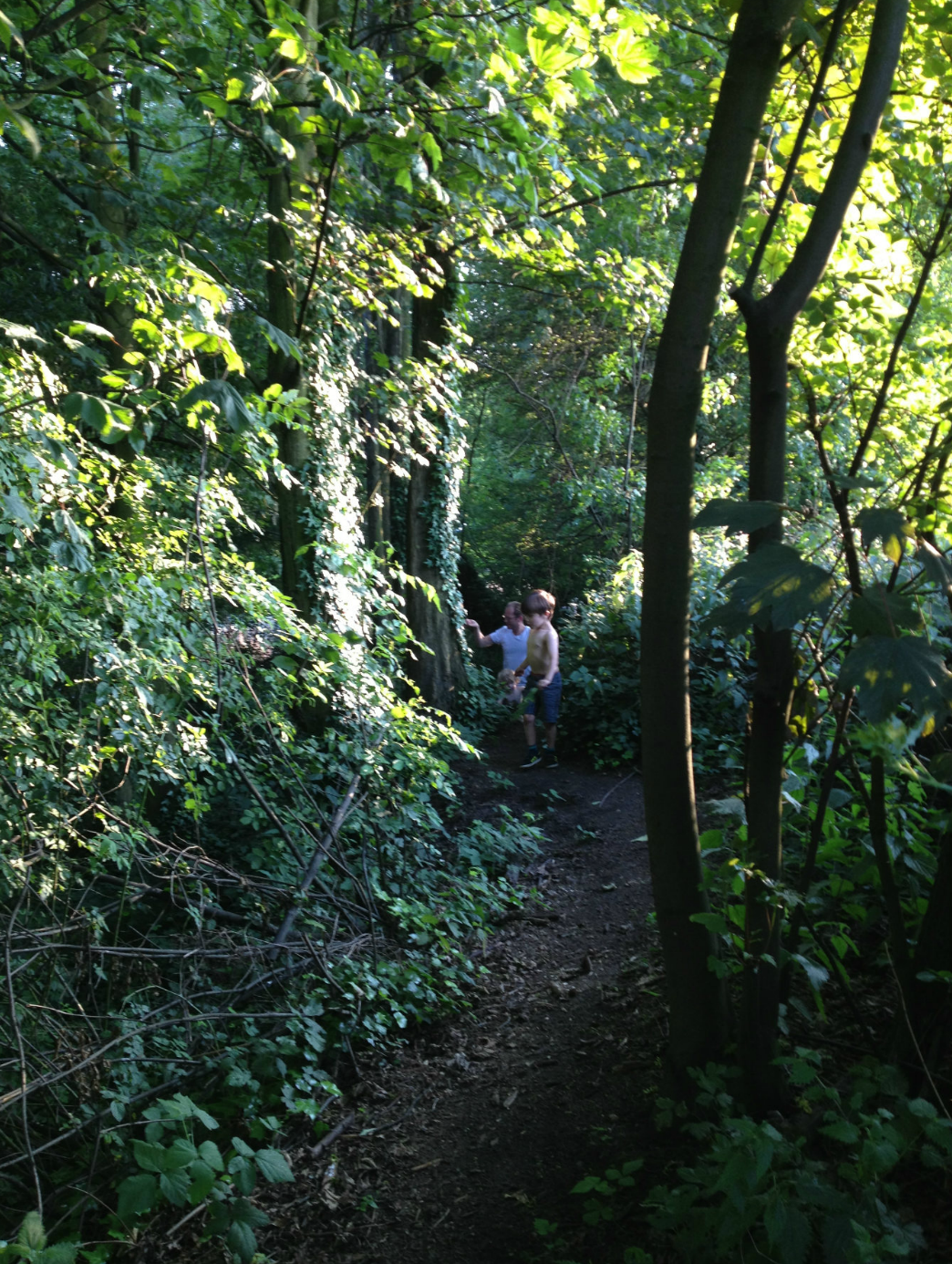Human technologies and our comprehension of natural systems have empowered us to adapt, survive, and thrive in densely populated areas. However, this understanding has also fostered a specific cultural and economic approach to the natural system, creating a second nature that could be labeled the Anthropocene lifestyle. In this lifestyle, human actions continuously impact the environment and ecosystems, often without due consideration for global consequences.
The roots of this mindset trace back to the Enlightenment, a period from the 17th to the 18th centuries that emerged as an intellectual and philosophical movement known for Renaissance humanism. During this era, influential thinkers, guided by scientific and philosophical perspectives, played pivotal roles in what we now recognize as the Scientific Revolution and Enlightenment. Notable figures such as Francis Bacon, René Descartes (known for the philosophy of ‘Cogito, ergo sum’ or ‘I think, therefore I am’), and Isaac Newton, with his Principia Mathematica in 1687, contributed to a human-centric movement, emphasizing the belief in the ability to control and predict nature.
However, since the 1970s, there has been growing recognition of the negative consequences of human attempts to control complex and non-linear natural systems (Holling, 1973, 1978; Holling and Meffe, 1996). This acknowledgment marked a shift in perspective, recognizing ecosystems as intricate, dynamic, and adaptive systems with non-linear feedback and thresholds, intricately interconnected with human systems (Costanza, 2008; Menzel and Teng, 2010).
The ecosystem services approach acknowledges the interplay of natural structures, processes, and services within an ecosystem across the landscape (Turner and Daily, 2008; Fisher et al., 2009). Numerous frameworks have been developed to shed light on the drivers, trade-offs, and synergies between services. However, there still exists fragmented knowledge and uncertainty regarding how different governance structures, levels of participation, and adaptive strategies impact ecosystems (Paavola and Hubacek, 2013). A drawback of the ecosystem services approach lies in its heavy emphasis on the quantification of services, exemplified by the development of environmental accounting and performance systems (Boyd and Banzhaf, 2007), economic valuation for environmental decision-making, planning, and policy (Balmford et al., 2002; Turner et al., 2003), and the pursuit of multiple conservation objectives (Fisher et al., 2009).
To truly understand and enhance the adaptability and resilience of social-ecological systems in the face of disturbances—accompanied by fluctuations in ecosystem services, shifting societal preferences, changing needs of local communities and other stakeholders, and distributional impacts of various management options and governance regimes—requires critical attention (Hubacek et al., 2009). The ecosystem participation approach places a more critical focus on environmental governance and participation (Wesselink et al., 2011), where humans actively participate within systems instead of merely exploiting them.
Empirical studies indicate that successful ecosystem change, resource management, and the implementation of resilience/coping strategies are achievable only when social and ecological systems are interconnected (Rechkemmer and von Falkenhayn, 2009; Biggs et al., 2012). Menzel and Teng (2010) underscore the early and explicit inclusion of the human dimension in ecosystem service projects, such as involving stakeholders in research.
Therefore, the concept of ecosystem participation addresses power and distributional issues, advocating for broader participation and reimagining social-ecological systems to anticipate undesired changes. The term, albeit not extensively researched, debated, and designed, is crucial for establishing a clear approach that contextualizes the natural system as a significant stakeholder rather than merely a source of applicable solutions. While the use of the concept of ecosystem services encourages a shift towards a more ‘sustainable’ lifestyle, it falls short of fostering ‘stewardship’ where individuals understand their role and actively engage as participants in the ecosystem.


